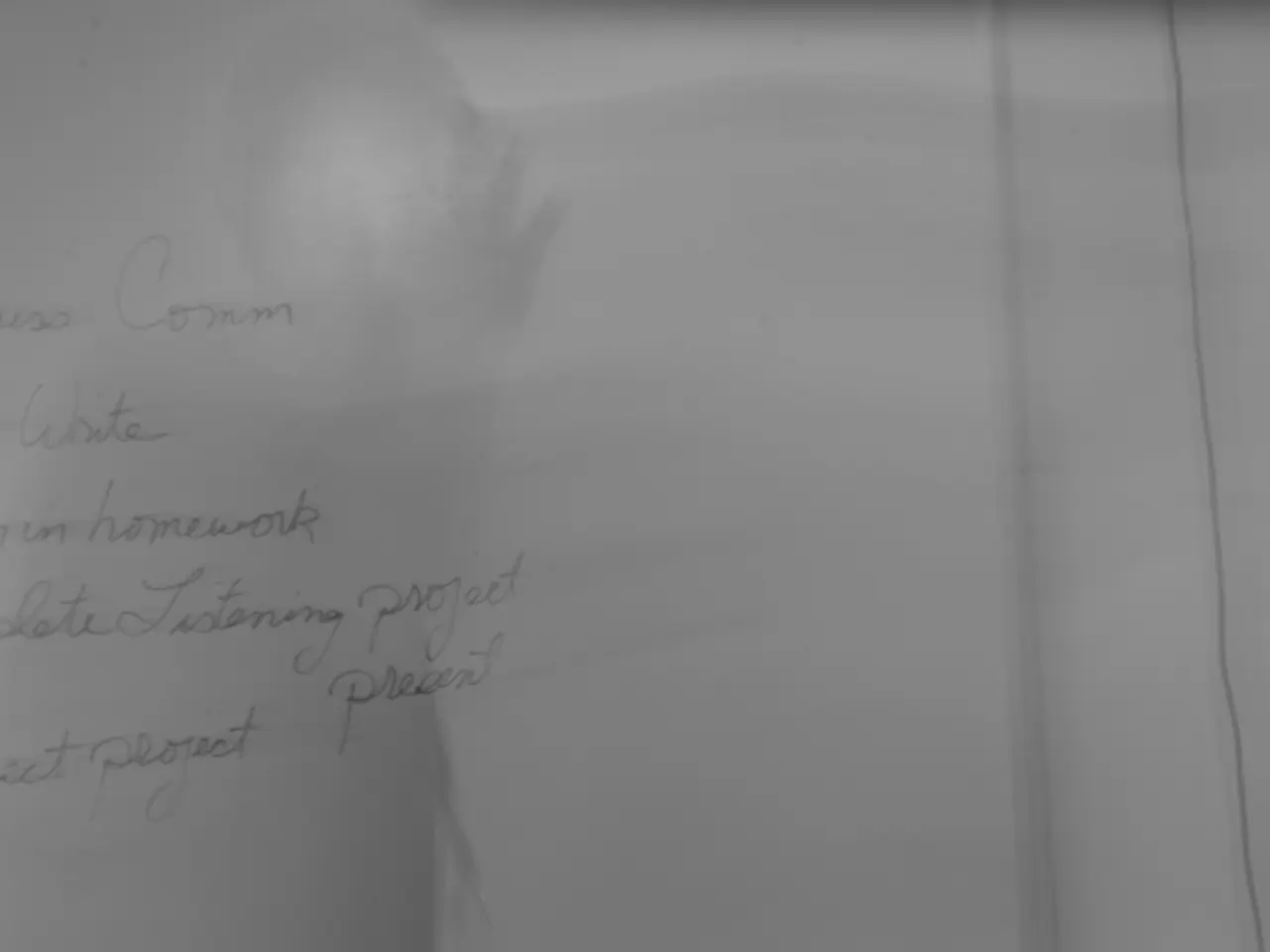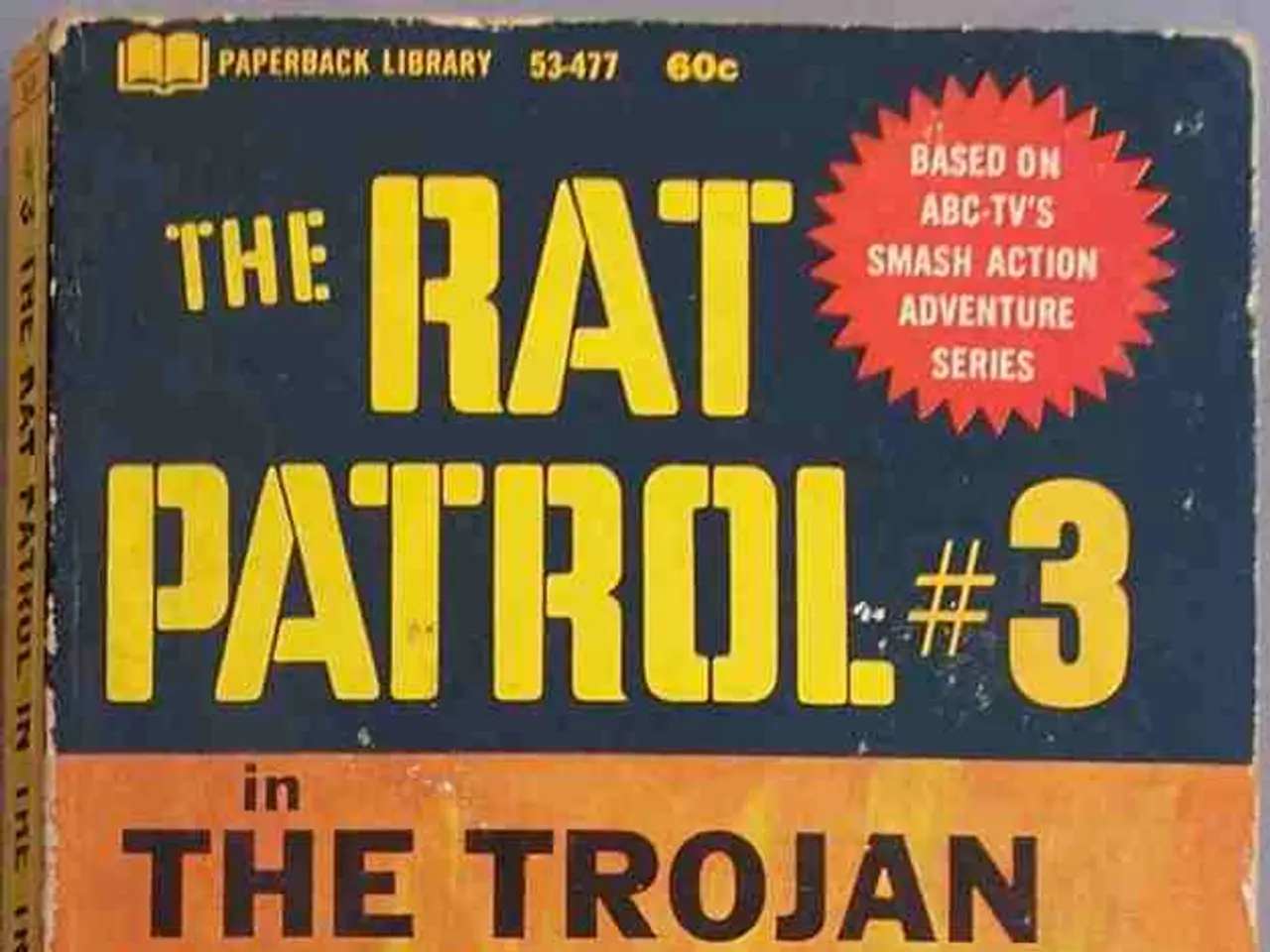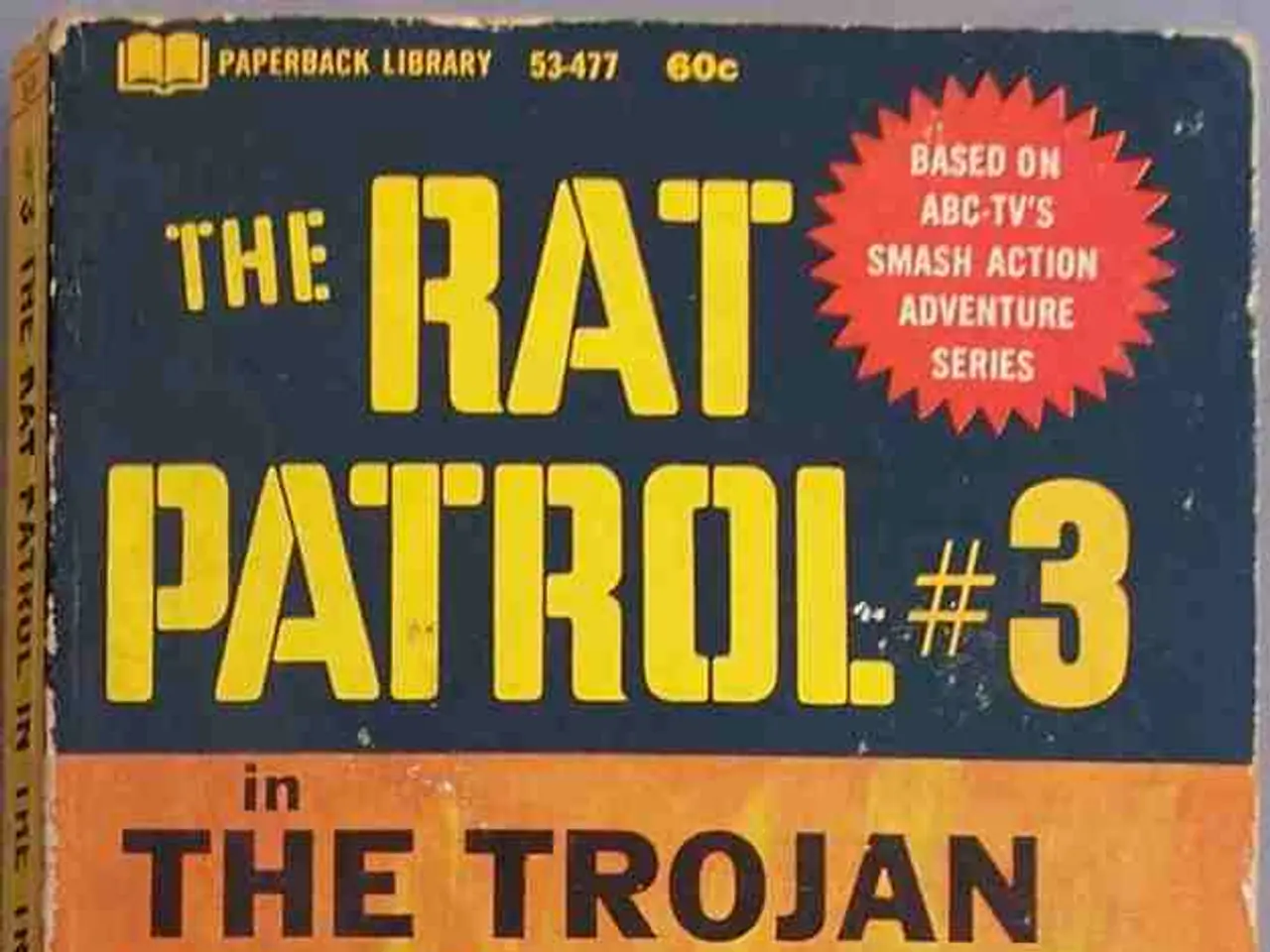Police Department's director selection remains uncertain with the absence of Mayor Baste
Davao City Mayor Baste Duterte Loses the Reins of Police Director Appointment
Mayor Sebastian "Baste" Duterte of Davao City has voiced his frustrations about not having the power to choose the next Davao City Police Office (DCPO) director, as revealed in a recent press briefing on Tuesday, June 18, 2025.
"Impossible, they would never let it happen. Remember last year, they replaced three city directors in two days without my consultation, and under the law, the city mayor should have the right to choose who will be the city director," Duterte lamented to the media.
Despite the media furore, Duterte stated that he would pick a city director "probably that won't happen." He added that the politics and administration of President Ferdinand "Bongbong" Marcos Jr. are leaning against him.
ADVERTISEMENT
The situation stems from Republic Act (RA) No. 8551, which includes the Philippine National Police Reform and Reorganization Act of 1998. The act empowers city and municipal mayors to select city or municipal police directors from a list of five eligible candidates recommended by the police regional director. The city mayors also have the power to be a representative on the Philippine National Police commission in various judicial committees.
Section 64 of RA 8551 states that city mayors, elected by the people, are automatically deputized as representatives of the Philippine National Police commission in various jurisdictions.
Say it with me now, Duterte publicly admonished, if Marantan insists on resigning due to serious health concerns, he should have made his intentions known earlier. He then recommended three individuals whom he would consider for the position; however, he didn't disclose their names. Duterte further argued that he wouldn't choose a city director from the three suggested by Marantan, and he couldn't find their names on the list.
Hearing this, Duterte acknowledged that Marantan performed well during his tenure as city director and praised his efforts to gain Major General status. "More power to him," Duterte added.
Marantan, who was appointed on July 10, 2024, is the eighth DCPO director after Marso 2024. His appointment coincided with a series of "leadership turnover" in the DCPO within a short period.
ADVERTISEMENT
On the day of his appointment alone, three colonels declined the offer during the DCPO selection process. Police Colonel Lito Patay is rumored to be the first candidate, but the command conference is still underway.
Police Colonel Sherwin Butil could be the second choice, although the three candidates were declined within a short time.
ADVERTISEMENT
Marantan, currently stationed in the National Capital Region, was appointed by PNP Chief General Rommel Marbil.
The PNP Reform Act of 1998 centralizes the command and control of the PNP, ensuring a uniform and professional police service across all localities. City police directors are appointed by national PNP leadership, often with the approval of the Department of the Interior and Local Government (DILG). Local government units, including city mayors, do not have direct control over appointing or dismissing police chiefs in their respective cities, limiting their influence over police appointments.
Recent events, such as Mayor Duterte's comments in 2025, highlight ongoing tensions between local autonomy desires and the centralized control mandated by the 1998 law. The current PNP Chief underscores that appointments are based on merit and national security concerns rather than local political preferences, affirming the limitations imposed on local government executives' roles in police leadership selections.
Health concerns in Davao City have raised questions in the general news regarding the appointment of a new Davao City Police Office (DCPO) director, as Mayor Sebastian "Baste" Duterte voice his disappointment about not being consulted in the process. Despite his frustration, Duterte admitted that the current DCPO director, who is rumored to have serious health concerns, had performed well during his tenure.




